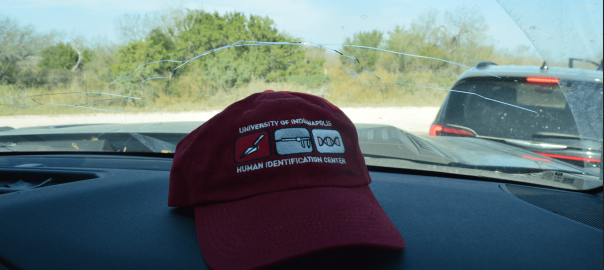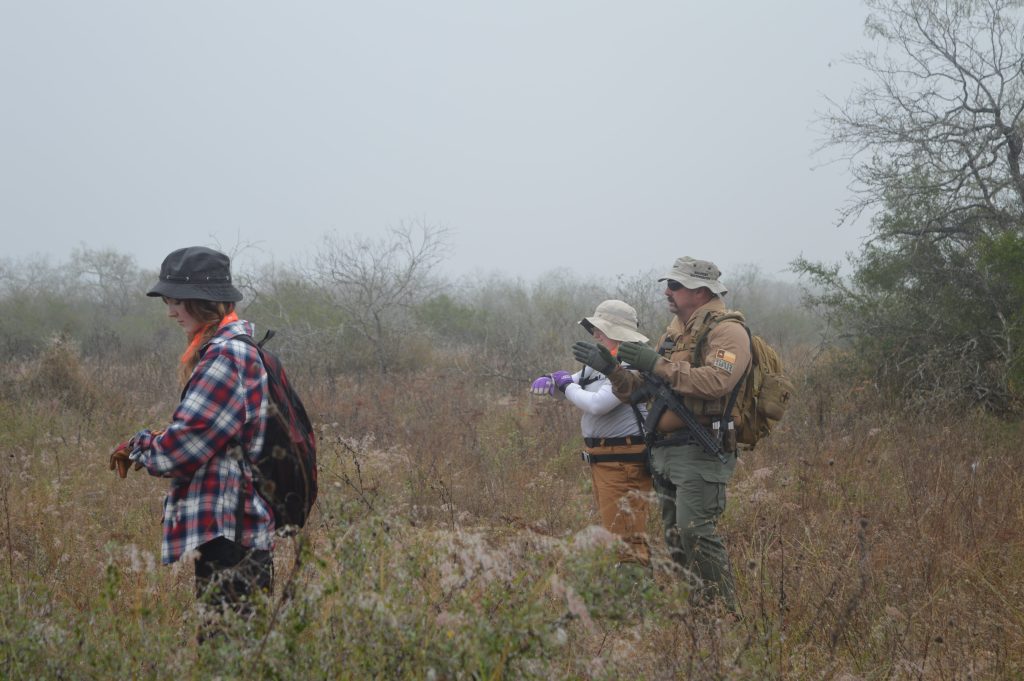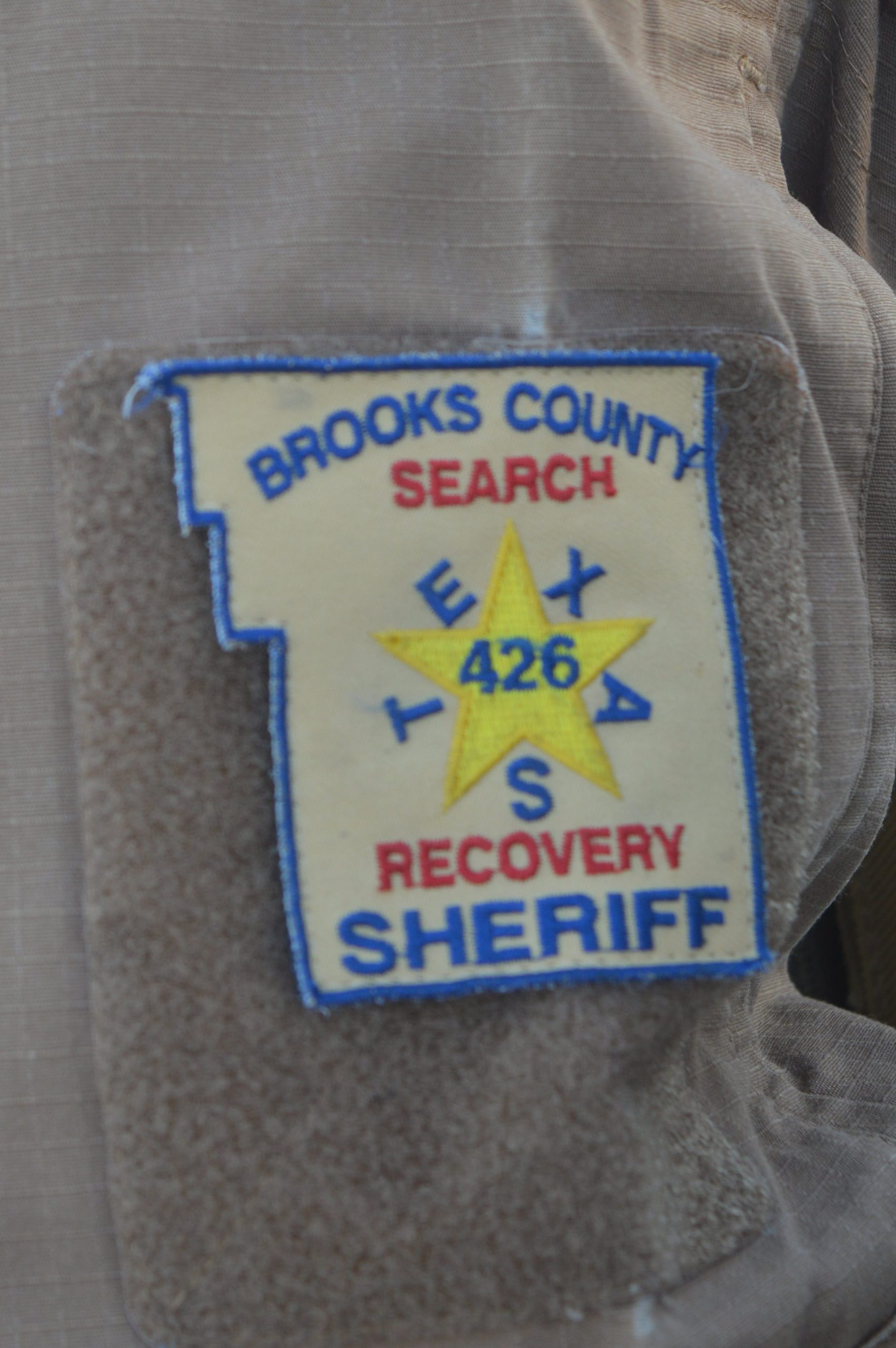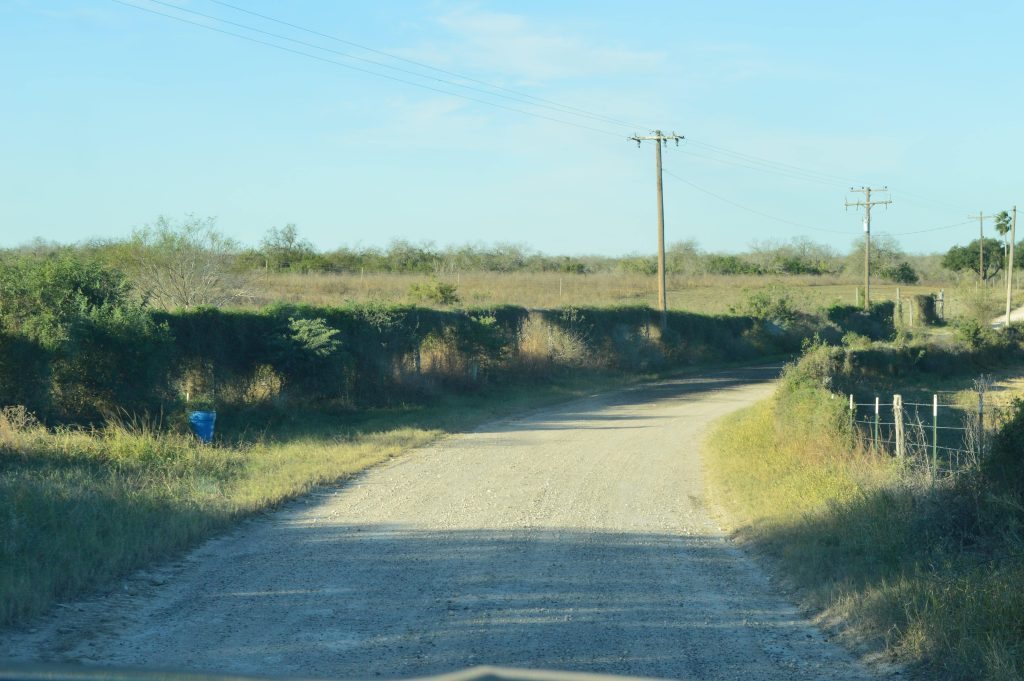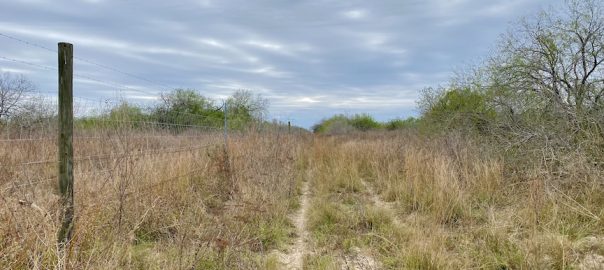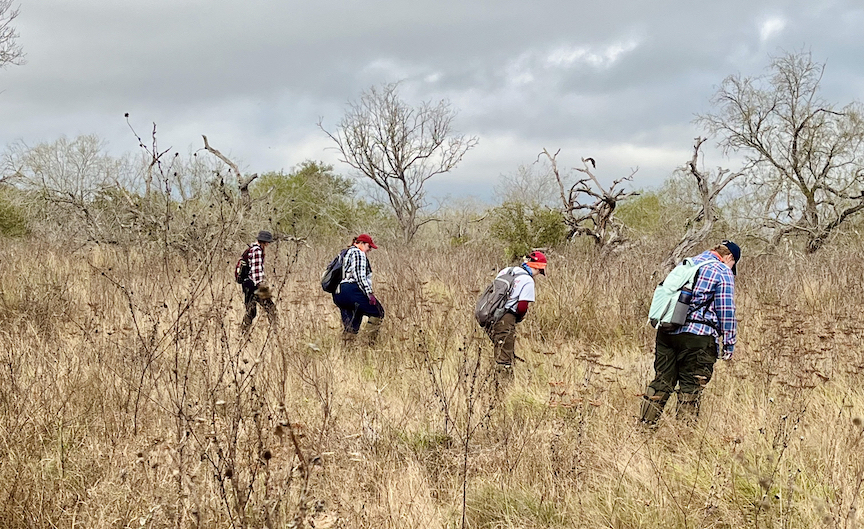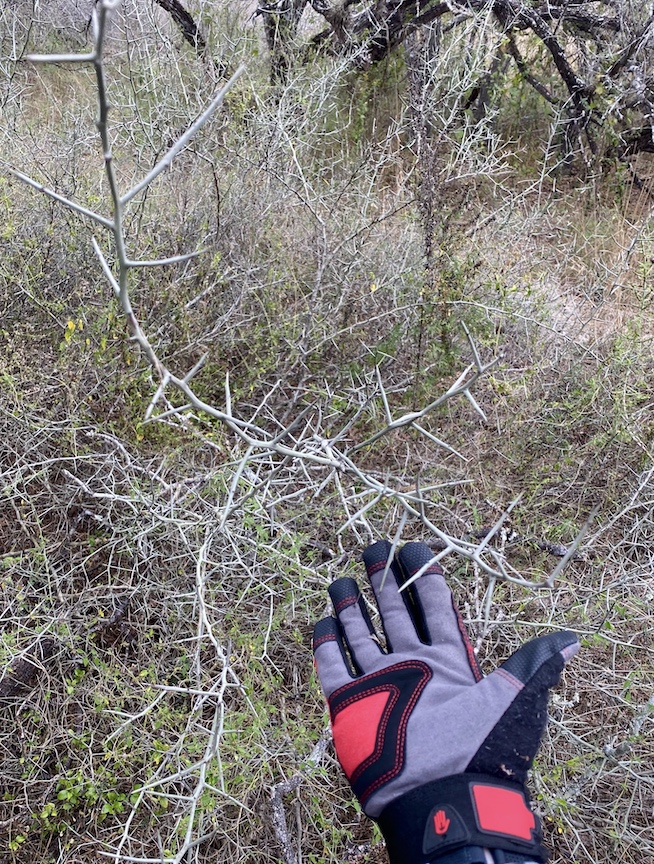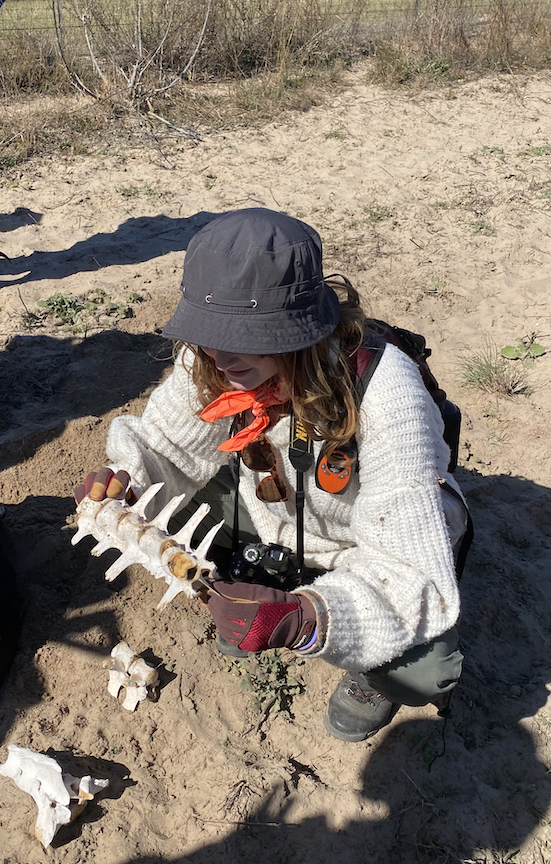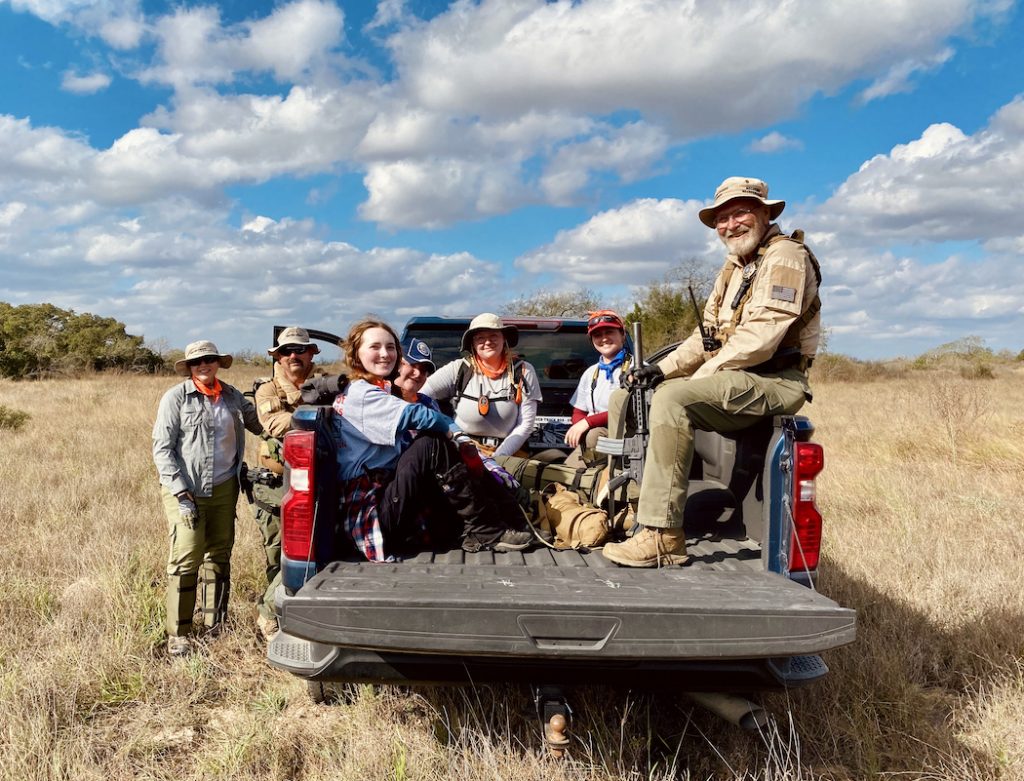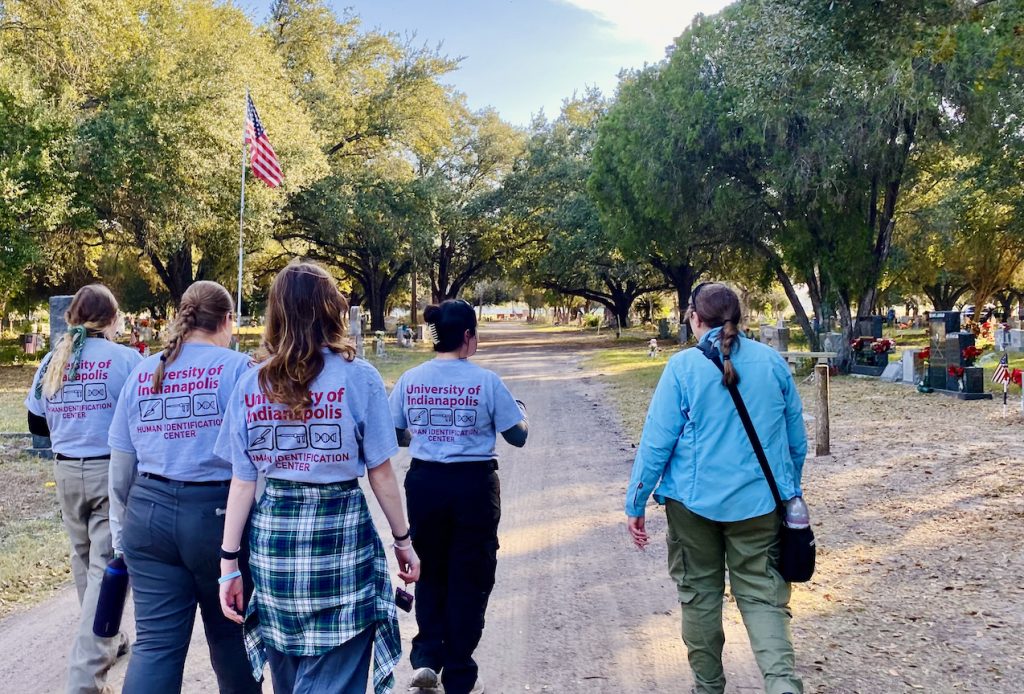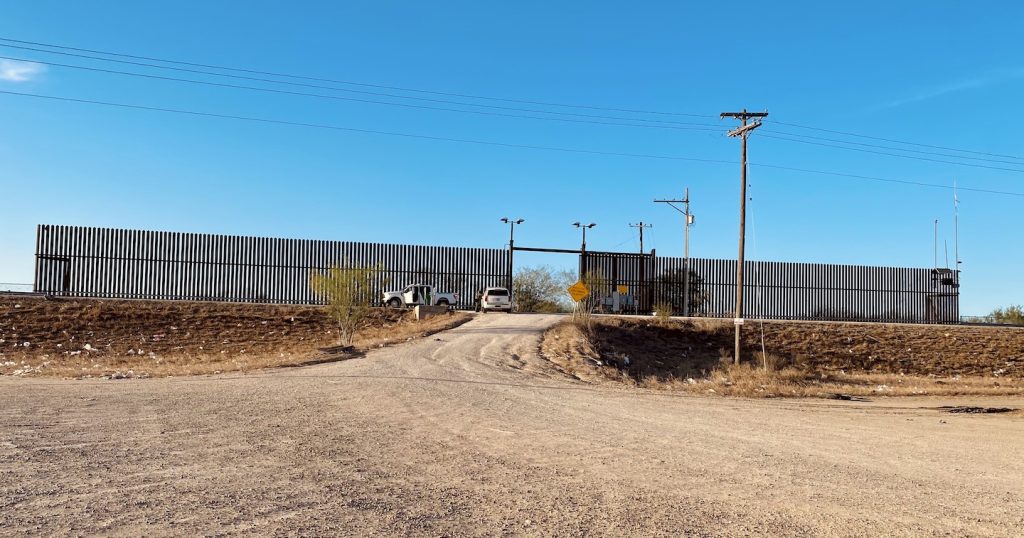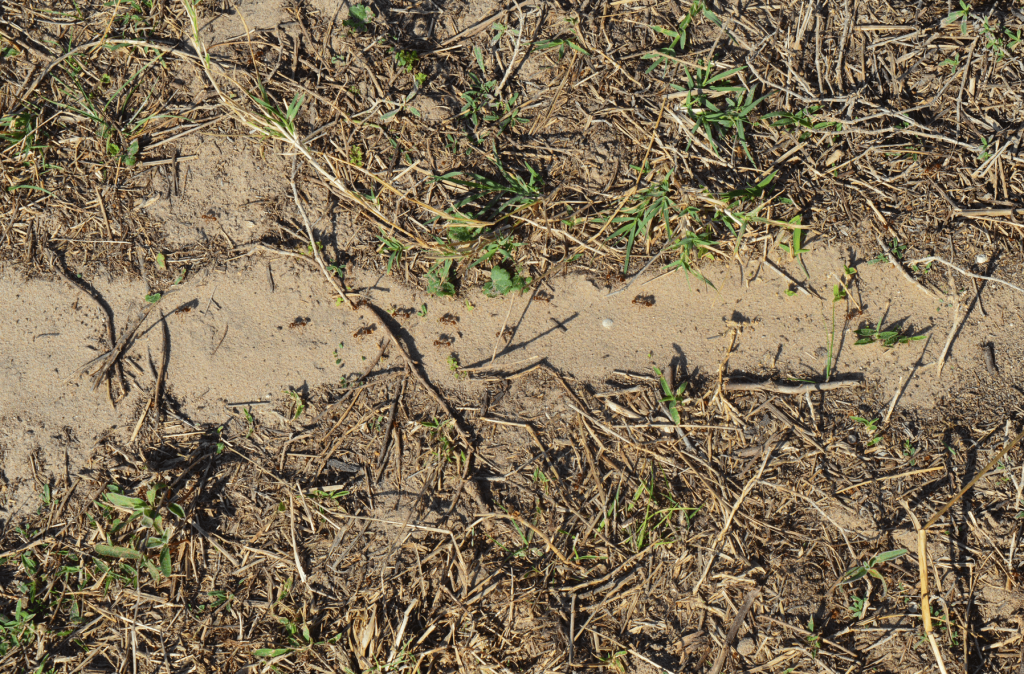
Coming back from the 2024 trip was very tough for me. I was filled with so much guilt for the privilege I was given simply because I was born into the family I was. How is it fair that someone who has done nothing wrong is subjected to unimaginable hardships completely out of their control? Furthermore, when those individuals attempt to escape those hardships, they are met with opposition and hate rather than compassion. They risk losing their lives just to trade one bad life for the chance of another. I found it easier to process everything by removing myself. Over time, I was able to adjust and shift to using that privilege to advocate for and educate others. This became a way to make myself feel better and to feel like I was still able to do some good while away from the border.
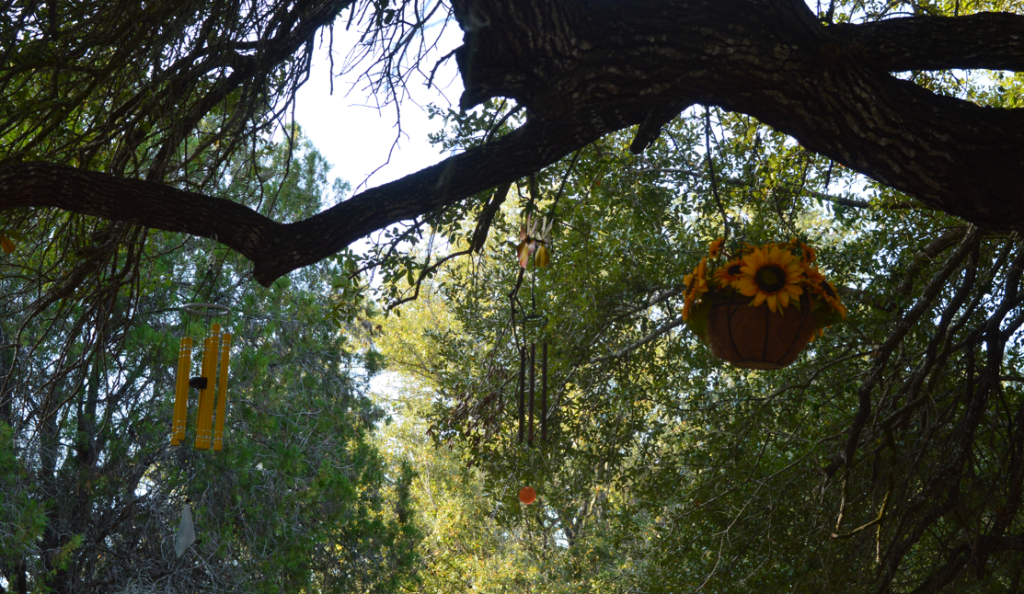
This time, though, I think I was better able to anticipate the dramatic change of being thrown back into the normal world, so far removed from the crisis at the border. It did somewhat concern me that I could switch back more easily. I woke up Thursday morning knowing exactly where I was and resumed the position and habits I had before the trip. Same as last year, I can’t help but think, Did that all really happen? I believe this might be a response to the traumatic and polarizing things we experience at the border—a way to cope.
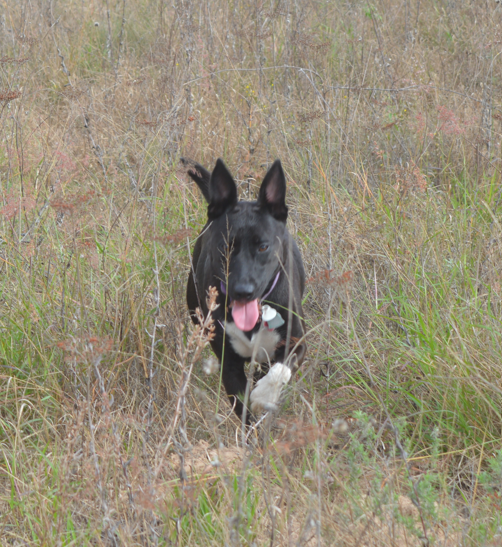
Today, as I look outside while it’s snowing and freezing, I think about how hard it is to get around. The sidewalks aren’t plowed, my boots hurt my feet, and my nose aches from breathing the cold air. While walking downtown, I saw flattened cardboard, a thin, ripped blanket, and various trash on the ground. I was instantly thrown back to the realities I had begun to suppress. We all learn about the sweltering heat in the Texas borderlands, but it’s easy to forget the freezing cold nights and days, especially with the current wind chills across the United States.
I remember the stories Don and Ray told us about migrants who, completely in the dark, don’t know the forecasted weather or how to survive it. As a result, they are vastly underprepared for such cold temperatures and unaware of survival strategies that could prevent hypothermia, all to keep them compliant with their guides. I can only begin to imagine how many lives could have been saved if migrants were adequately prepared with even the minimum supplies and information—like a cheap compass, instructions on making a water filter with sand, or tips for digging into the sand to conserve heat and escape the wind. What’s worse is the feeling that there is nothing I can do to change things.
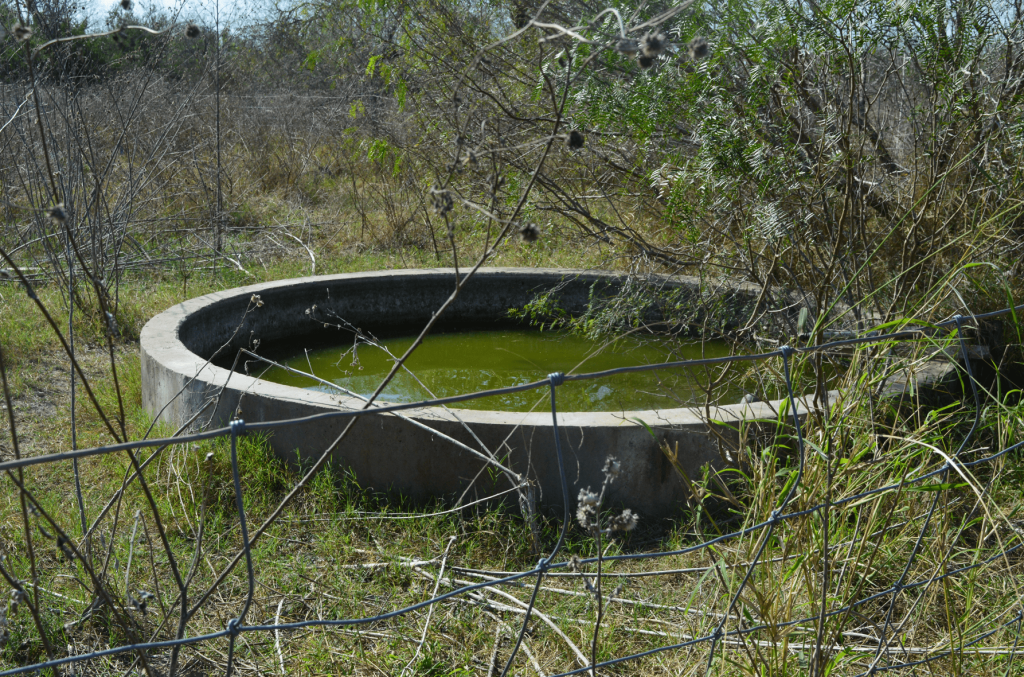
Now, my suitcase still sits in the corner of my bedroom, untouched. For some reason, I feel like the moment I unpack it, the trip will finally come to an end. Physically, I am in the Midwest, but mentally, I am still in Brooks County.
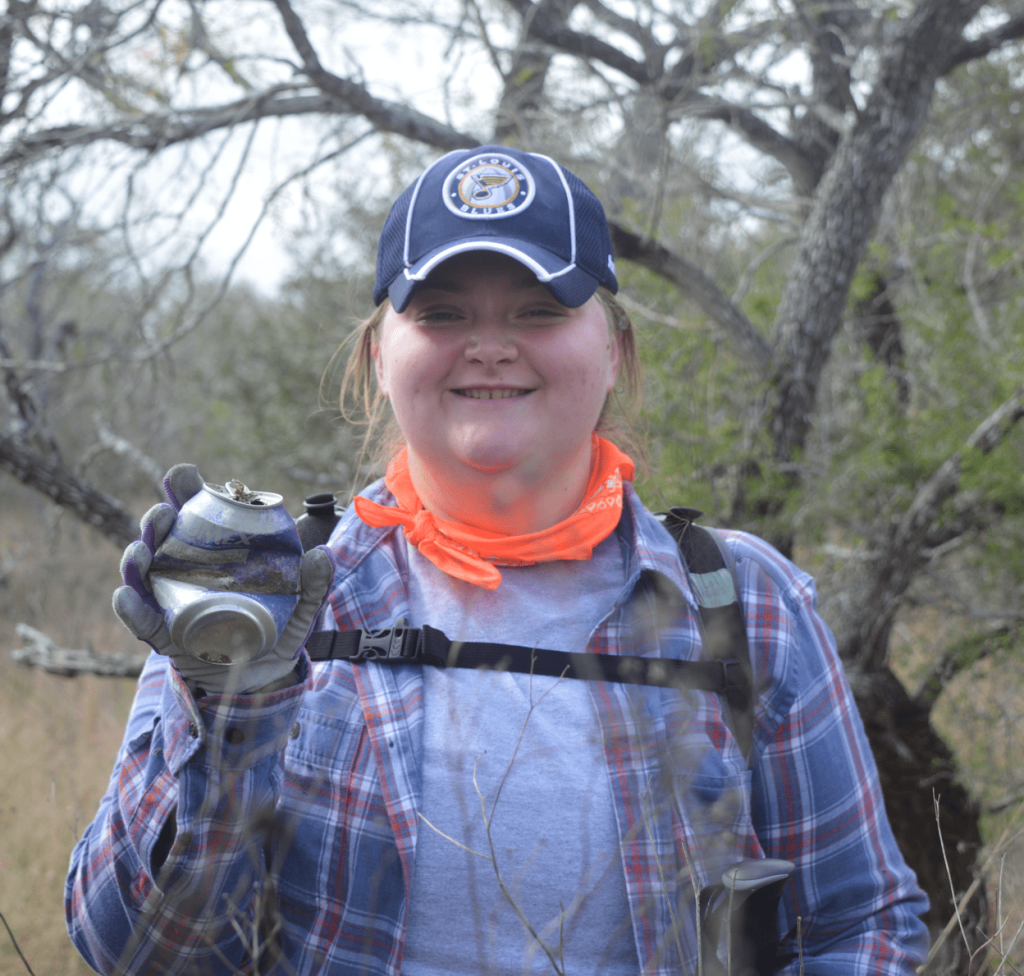
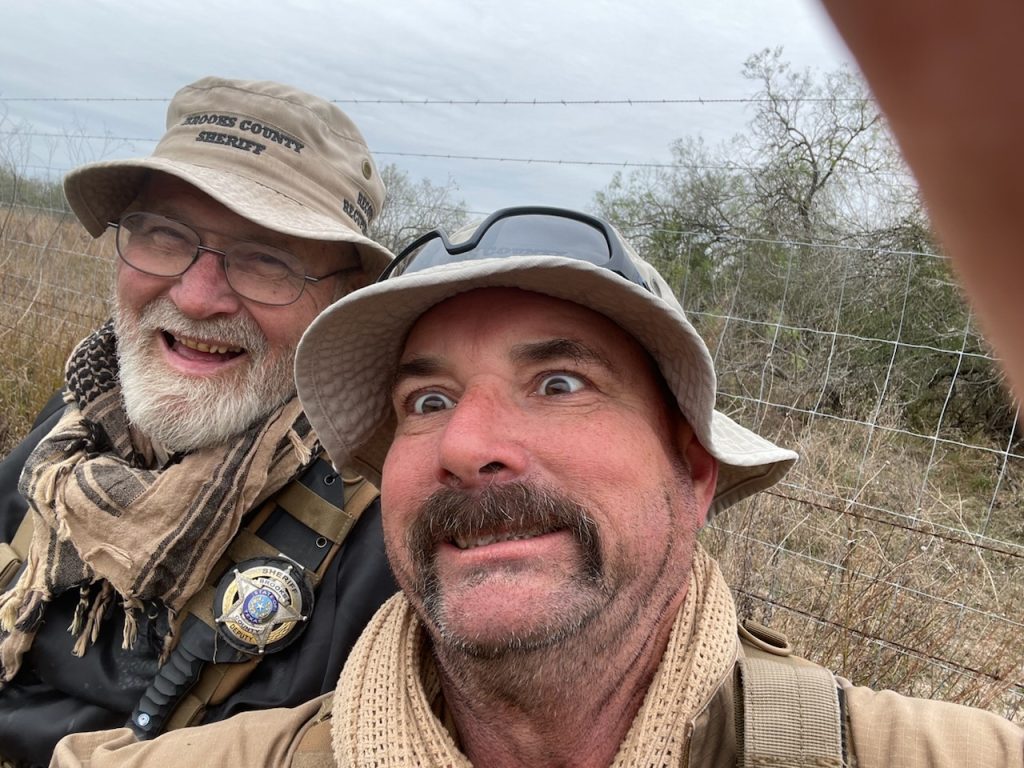
This year, my goal is to embrace the experiences I had in Brooks County, no matter how uncomfortable they make me. Being professional in the field is important, but when we try to take that same mentality home, it becomes more damaging than productive. Doing so denies us the ability to grieve the true atrocities we’ve seen and heard while in Brooks. Accepting that these emotions are valid and real will help us adjust to life moving forward, but more importantly, it will empower us as students to share these experiences and advocate for change and education.
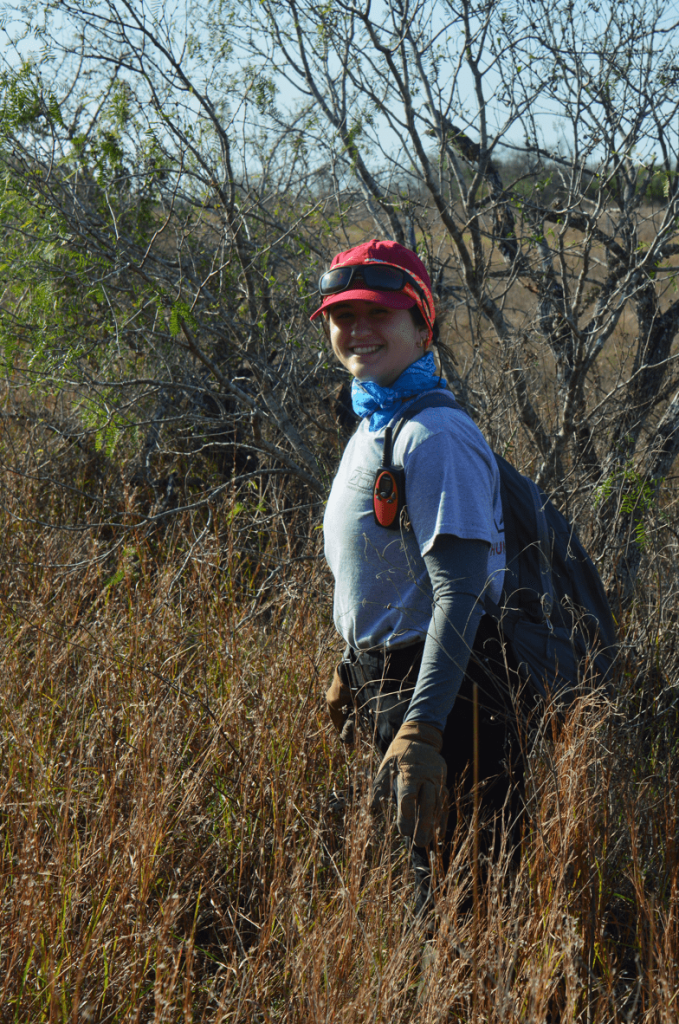
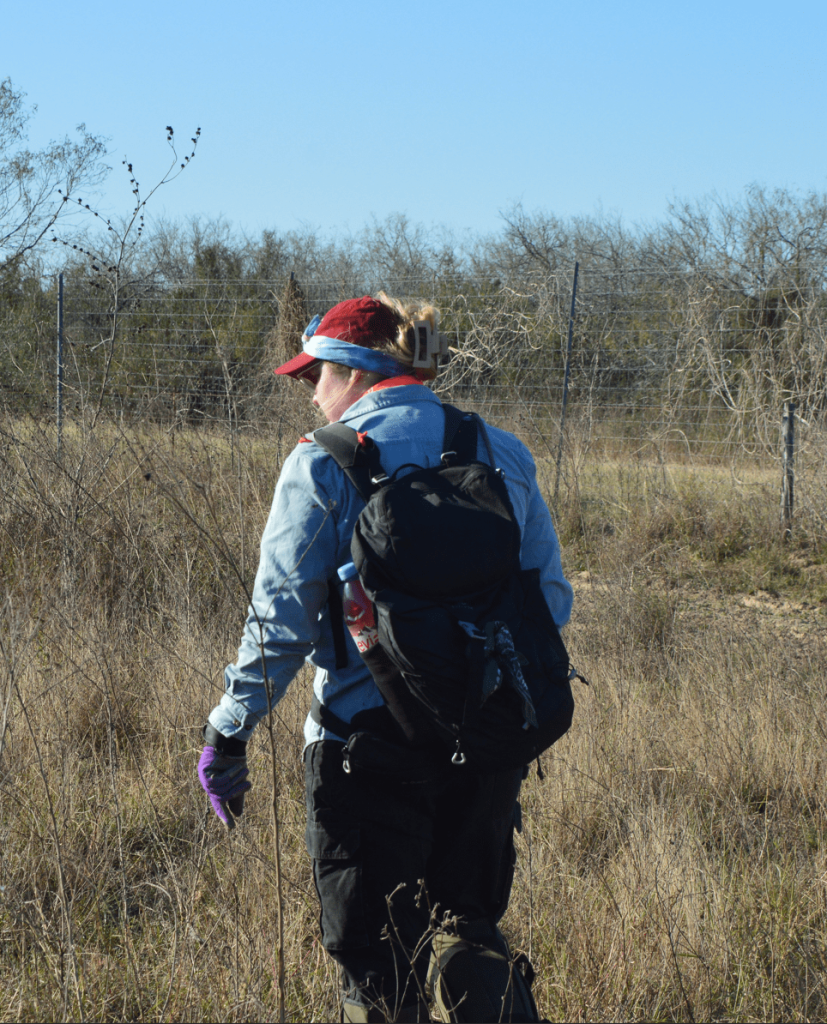
Beyond Borders has taught me more than just the realities of the border crisis not covered by the media. It has also taught me humility, teamwork, confidence, critical thinking, empathy, and adaptability. I truly believe I wouldn’t be the person I am today without the opportunity to work with Beyond Borders. Now more than ever, I want to dedicate my life to helping reunite missing loved ones with families who love and miss them, because I know the torture of not knowing.
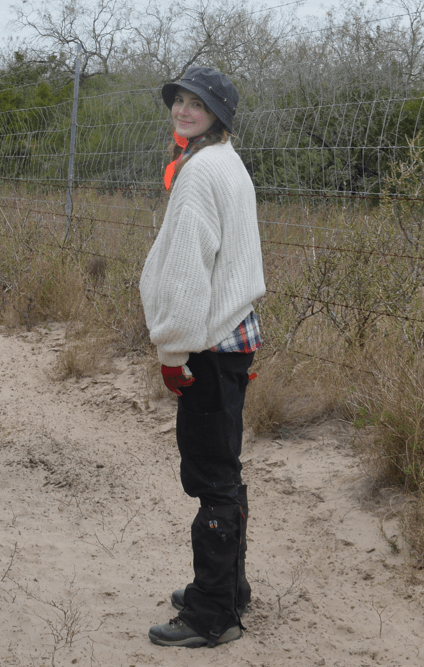
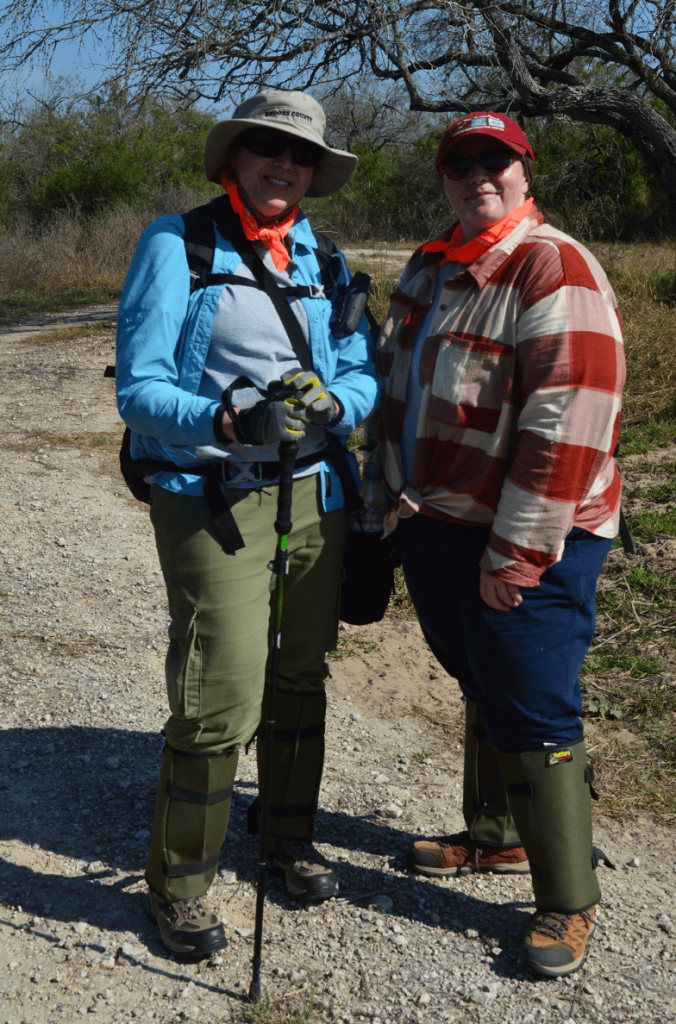
Thank you to my fellow 2024 and 2025 team members for supporting each other while performing humanitarian work at the border. Thank you to Don White and Ray Greggory for teaching and showing us what dedication looks like. Finally, thank you to Dr. Latham for giving students this opportunity and for all the work she has done for hundreds of migrants and their families over the past 12 years.
